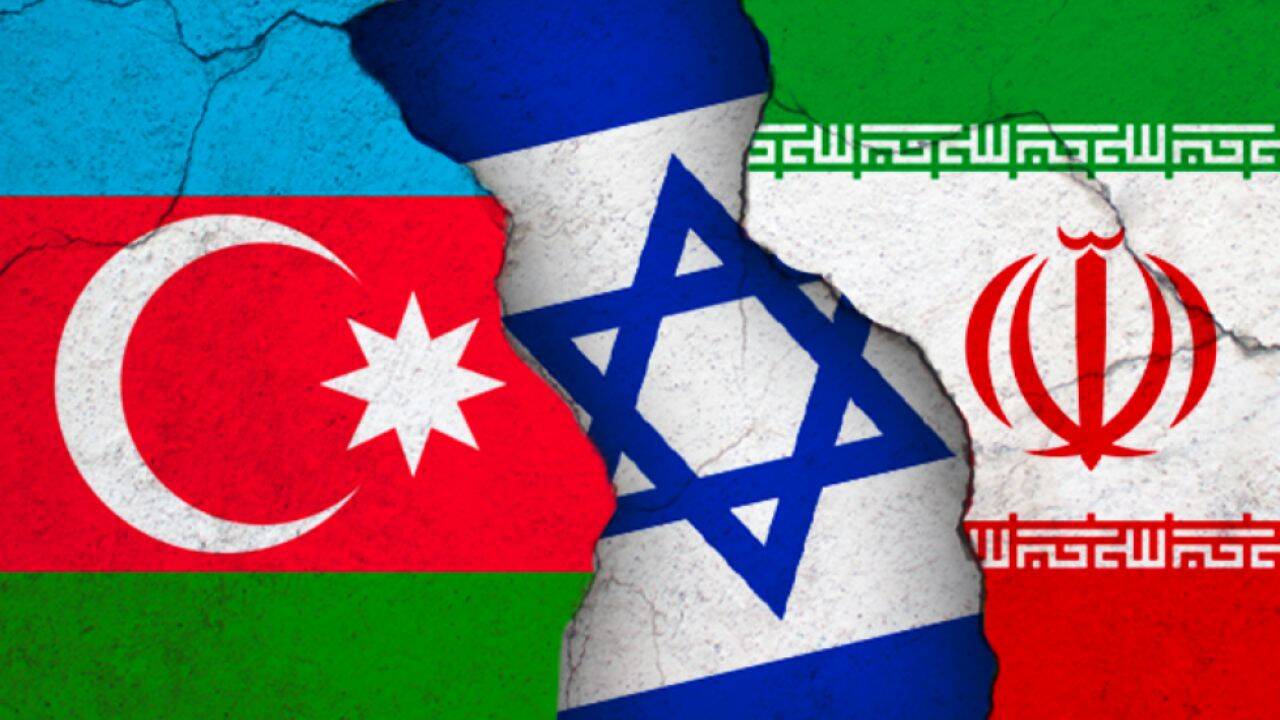
Publication
Baku raises suspicions against itself

ARVAK Center comment, 20.04.2024
In the early morning of April 19, 2024, Israel carried out drone strikes on Isfahan airport and the 8th Iranian Air Force base, as well as on targets in Tabriz. The attack was described in the world media as “limited” after Fox News, citing its Pentagon sources, said that Tel Aviv had no intention of carrying out a massive attack on nuclear centers and critical infrastructure objects near Isfahan. CNN confirmed the information, qualifying Israel’s actions as a “warning attack”.
In turn, the Iranian Tasnim agency confirmed that nuclear facilities in Isfahan were not attacked, and that the territory of the Isfahan airport was tightly protected by air defense systems and most of the Israeli drones were shot down. At the same time, Fars – another Iranian agency – considered that the main target of the raid could be an army radar station near Isfahan.
It also became known that air explosions were recorded almost simultaneously in Syria and Iraq. This indicates that at least some of the drones were apparently launched from Israeli territory, and the hunt for them by the air defense forces of these Arab countries began already as they approached the Iranian borders.
According to retired U.S. General Mark McCarley, Israel’s move warned Iran of its ability to penetrate its air defenses and advised against attempts to repeat the massive attack by Iranian forces a week ago. As for Israel’s own response, the official authorities in Tel Aviv were reluctant to comment. According to the Jerusalem Post, Israel will not claim responsibility for the attack for strategic reasons. However, the press and Telegram channels in the Jewish state do not question the fact that the IDF (Tzahal) organized the “Isfahan attack”. The only thing that raises questions among the Israeli public are the reasons for the limited action against hostile Iran.
According to the most common version, it was the United States that convinced Tel Aviv to limit itself to an “easy response” to Iran, in exchange for the possibility of conducting a ground operation in Rafah. As it is known, Washington has long withheld its consent to an assault by Israeli troops on this city bordering Egypt, which would aggravate the already catastrophic humanitarian situation in Gaza. If this version is close to reality, the Palestinians will have to face new shocks and civilian casualties. In turn, Hamas has already stated that it will not ask for a ceasefire, let alone surrender.
In this regard, it can be assumed that the Israeli air strike, which was “modest” in terms of effectiveness, was practically carried out to simulate a response to Tehran and “save face”. Meanwhile, thanks to the efforts of the U.S. and the West as a whole, the battlefront between Iran and Israel is once again being reduced to the dimension of a proxy war involving proxy groups and allied territories. This may mean that the relative peace in Gaza, on the Israeli-Lebanese and Syrian-Jordanian borders, and on the northern fringes of the Golan Heights will once again be disrupted. Moreover, a new flashpoint of instability – Azerbaijan, whose involvement in the Iran–Israeli conflict is becoming more tangible – could be added to this list. Against the backdrop of recent events in the region, one can hardly call a coincidence the fact that the Iranian media have been actively propagandizing Baku’s intentions to openly join the anti-Iranian actions of the “Zionist regime”. The events of the past few days have only fueled these sentiments in the Iranian political establishment and society. The reality is that Iran tends to believe that the drones intercepted over Tabriz were hardly launched from Israeli territory. Much more convincing, according to Iranian sources, is the version that the attempted air attack on this northern Iranian city was carried out from Israeli-controlled air bases in Azerbaijan. This assumption is also supported by the fact that the cargo planes of the Azerbaijani Air Force have resumed active flights to the Israeli Ovda airbase.
Against the backdrop of the positive official messages on the demarcation and delimitation process on the Armenian-Azerbaijani border, it is difficult to justify the replenishment of the Azerbaijani arsenals with Israeli weapons as “another round” of tension on the Armenian–Azerbaijani track. Thus, there is reason to believe that Baku is still being “squeezed” into the geography of the new phase of the Iran–Israel proxy war.
